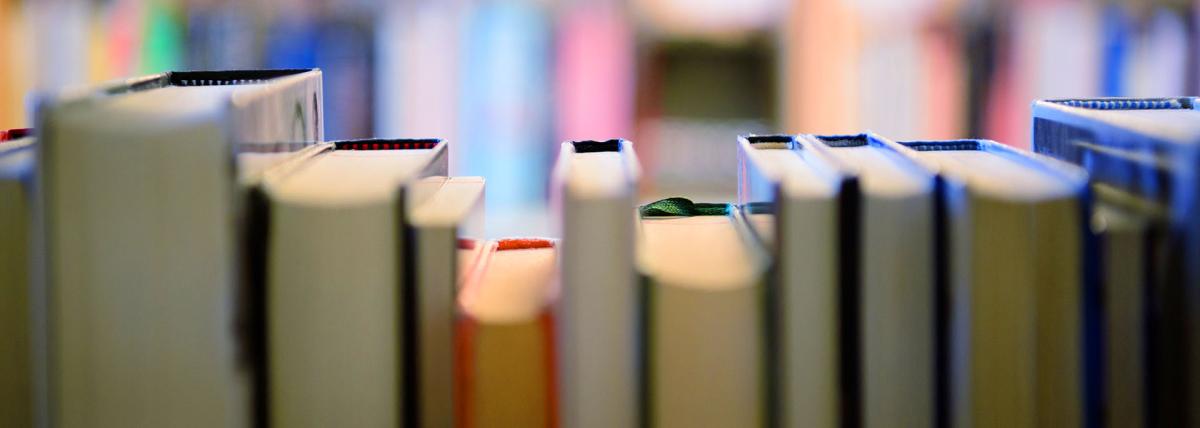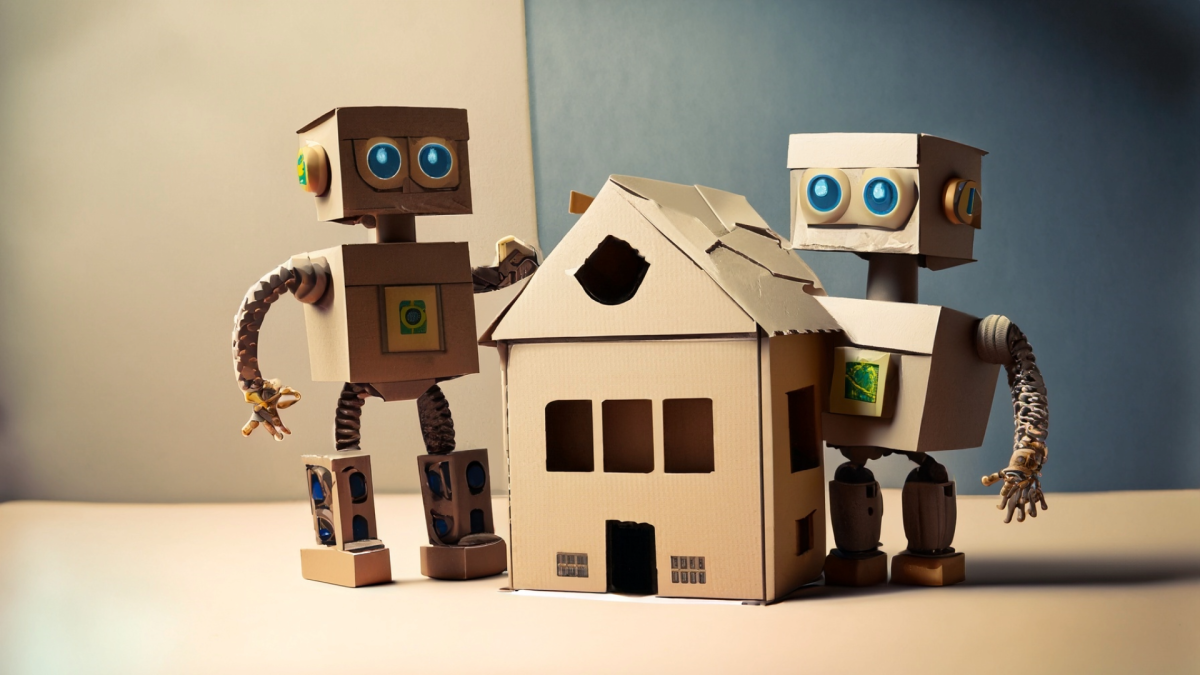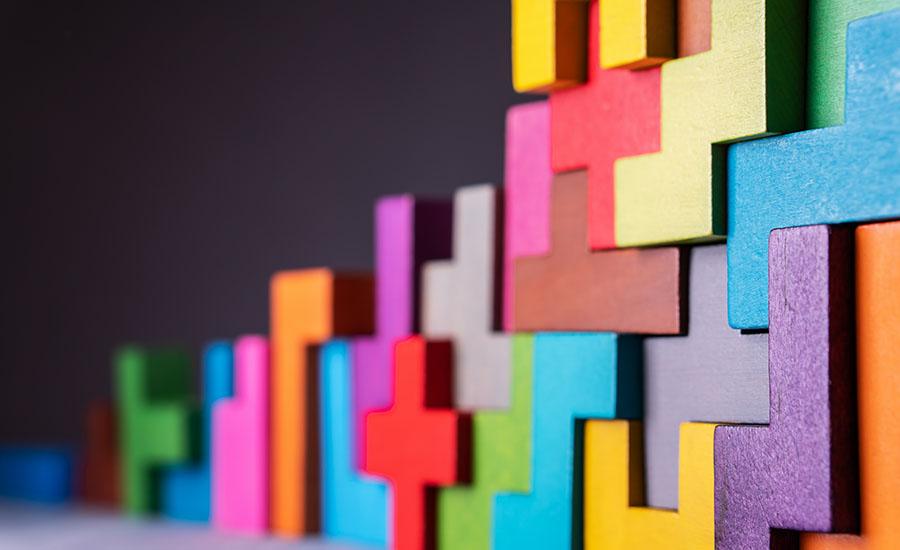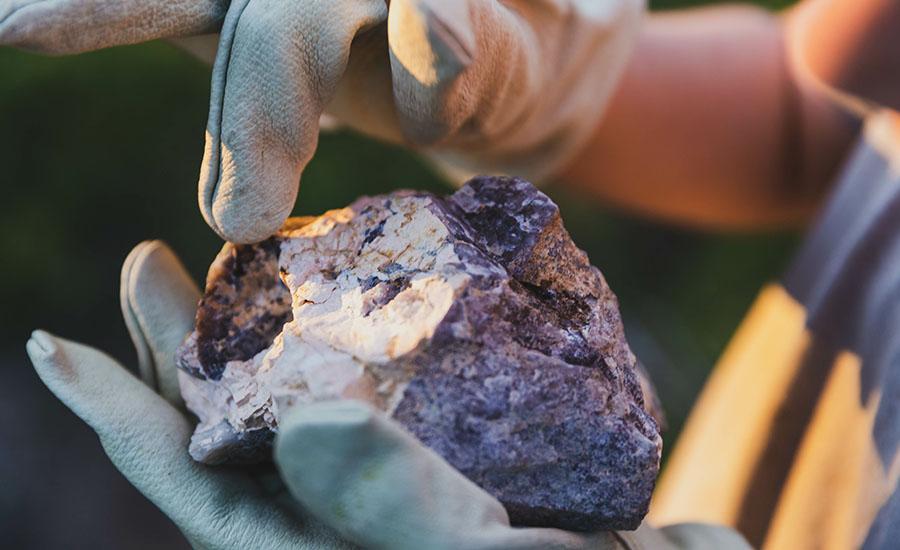
Featured
Makey Makey Storyboards
Grades:
Kindergarten, 1st Grade, 2nd Grade, 3rd Grade, 4th Grade, 5th Grade, 6th Grade, 7th Grade, 8th Grade, 9th Grade, 10th Grade, 11th Grade, 12th Grade
This lesson takes students through the process of creating an interactive storyboard using a Makey Makey circuit board. This lesson can be adjusted for any grade level with examples given in the 4th

Grades:
6th Grade, 7th Grade, 8th Grade, 9th Grade, 10th Grade, 11th Grade, 12th Grade
Be a part of the humanitarian effort and teach students how to create a fully functioning 3D printed prosthetic arm for a client in need. This lesson walks you through the process in a slideshow

Grades:
3rd Grade, 4th Grade, 5th Grade
In this lesson, students will learn about the Water Tank Mafie located in Dharavi. Students will then use Scratch to create a "Whack a Water Thief (Mole)" game.

Grades:
3rd Grade, 4th Grade
Encouraging students, from a young age, to think about their interests, dreams and goals lets them see possibilities for the future. As students listen to their thoughts and put those thoughts into

Grades:
6th Grade, 7th Grade, 8th Grade, 9th Grade, 10th Grade
This lesson aims to introduce students to the fundamental concepts of geometry through the lens of architecture. Students will explore the properties of geometric shapes, study famous architectural

Grades:
3rd Grade, 4th Grade, 5th Grade
In the second lesson in the Thirst set, students will learn about Dharavi, a slum within the city of Mumbai. Economical water scarcity drives the lives of those who reside in Dharavi. Students will

Grades:
3rd Grade, 4th Grade
In this unit, students will identify what a shelter is and why we need it. Students will identify the different types of shelters and materials needed depending on climate and their surroundings

Grades:
4th Grade
Students will learn about melanoma and non cancerous moles and how to spot them through symmetry. They will use Pixlr tools to understand the identification process and then they will create their own

Grades:
4th Grade, 5th Grade, 6th Grade, 7th Grade, 8th Grade, 9th Grade, 10th Grade, 11th Grade, 12th Grade
The Micro:bit prototyping academy is designed to teach students the basic commands and features in order to innovate their own device. They will learn the input commands, variables and conditional

Grades:
4th Grade, 5th Grade, 6th Grade, 7th Grade, 8th Grade, 9th Grade, 10th Grade, 11th Grade, 12th Grade
Learn how to train your own Artificial Intelligence neural network without the complexities of coding. Google's (free) Teachable Machine is a web-based tool that makes it easy to train your computer

Grades:
3rd Grade, 4th Grade
In this lesson, 3rd and 4th-grade students will explore the life cycles of various animals using technology to enhance their understanding. Students will research the stages of an animal's life cycle

Grades:
3rd Grade, 4th Grade
In this 60-minute lesson, students will explore and analyze weather patterns using technology. They will use computers or tablets to access weather websites and apps, collect and record weather data

Grades:
3rd Grade, 4th Grade, 5th Grade
Will integrating school gardening with bird watching, building nest baskets and a bird bath using ornithology methods increase the population of birds at our site? This lesson was developed by PBL

Grades:
6th Grade, 7th Grade, 8th Grade
In this lesson, students learn to record, display, and convert temperature data from Celsius to Fahrenheit using the BBC micro:bit onboard temperature sensor.

Grades:
4th Grade
In this multi-day lesson, 4th-grade students will explore the concept of symmetry in nature using iPads and digital tools. They photograph and edit images of natural objects, then create digital

Grades:
6th Grade, 7th Grade, 8th Grade
Students will be measuring the heights of two groups to compare the averages, minimums, maximums, and standard deviations of normal distributions by using the functions on Google Sheets.

Grades:
6th Grade
Students will explore ancient civilizations and understand the geographic factors that influenced their settlements. They will create informative maps highlighting key areas like water sources that

Grades:
5th Grade, 6th Grade
A glider is a great physical science/STEM challenge for fifth/sixth grade students. This project allows students to use a Cricut cutting machine to build and modify a glider that will travel as far as

Grades:
5th Grade, 6th Grade
A glider is a great physical science/STEM challenge for fifth/sixth grade students. This project allows students to use scissors and utility knives to build and modify a glider that will travel as far

Grades:
6th Grade, 7th Grade, 8th Grade, 9th Grade, 10th Grade, 11th Grade, 12th Grade
Are your students fans of Formula 1? If they are or aren't this lesson will take a look into the dominance of Red Bull Racing in Formula 1. Why is Red Bull so dominant? Is it the driver or the

Grades:
4th Grade, 6th Grade, 7th Grade, 8th Grade
In this engaging two part project, we will delve into the world of circuits, 3D modeling using Tinkercad, and hands-on fabrication. By designing and creating your own LED card and pendant, you will

Grades:
4th Grade, 6th Grade, 7th Grade, 8th Grade
In this engaging two part project, we will delve into the world of circuits, 3D modeling using Tinkercad, and hands-on fabrication. By designing and creating your own LED card and pendant, you will

Grades:
6th Grade, 7th Grade, 8th Grade
Students design an image to laser print a mini peg game and then use woodworking skills to cut, drill, sand and finish their unique creation.

Grades:
3rd Grade, 4th Grade, 5th Grade, 6th Grade, 7th Grade, 8th Grade, 9th Grade
An overall view of mining, minerals, and their role in our everyday life. This lesson compares the past, present and future of mining and it's relativity to sustaining our way of life.


